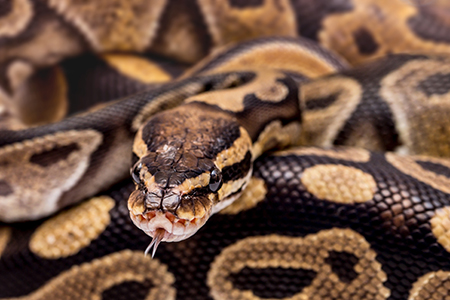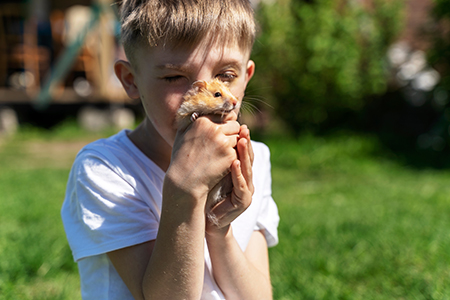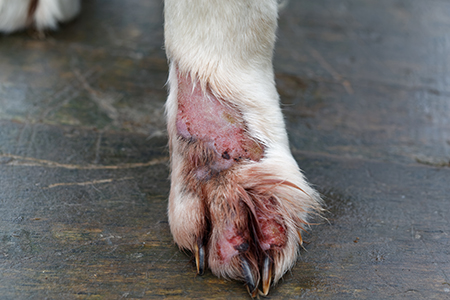One aspect of pet ownership that never fails to leave us in awe is how far some people will go to get the type of animal they love. Dogs, cats, fish, herps, birds – the breed or species of pet may be wildly different, but the impulse for care and companionship that drives people to keep pets is often quite similar. The human-animal bond is really kind of magic! Unfortunately, having big feelings can also open a person up to exploitation by criminals.
This is what happened to a Georgia woman who was scammed out of thousands of dollars by a man posing as an English Bulldog breeder. The man assumed the identity of an actual breeder, Lisa Dunn Miller, claiming photos of one of Miller’s puppies as his own. He listed the puppy at only $650 (a red flag in and of itself), though once he had the victim on the hook, he added an additional $200 for shipping. When that ploy worked, he upped the ante by $996 for a “shipping crate,” then, perhaps seeing just how far he could push the victim, another $1,800 for “COVID vaccines.” Yikes!
As tempting as a picture of pups might be, get to know your breeder first!
By the time the victim realized this was all a scam and reported it to the sheriff’s office, she had been fleeced to the tune of $3,646. It’s always bad when people take advantage of others like this, but it’s especially nasty when a victim’s “puppy love” is used as a weapon against them. On the bright side, scams like this are avoidable.
Remember how we mentioned that $650 for an English Bulldog puppy is a red flag? Well, it most definitely is. For a reputable breeder, $650 won’t come close to covering the cost of testing, breeding, worming and vaccines, and basic animal care that goes into rearing a purebred pup. Breeding dogs may be a labor of love, but it sure ain’t cheap! Another thing to remember is that reputable breeders will have references and be happy to communicate with you in person, or at the very least over video call. They will also have answers to your questions and be curious about you and your home, to help ensure that the puppy is going to live in a safe and loving environment. And while a good breeder costs more, the costs will be clear and upfront, and there will be a contract – no $996 “Crate Fees” sideswiping you out of nowhere!
Georgia woman loses over $3k when she tries to buy a puppy
Resources
★ “Bull” (from the actual breeder’s website)
★ AKC: How to Spot a Puppy Scam Online
 Animals and Culture, Human-Animal Bond
Animals and Culture, Human-Animal Bond  No Comments
No Comments 








